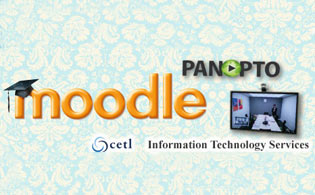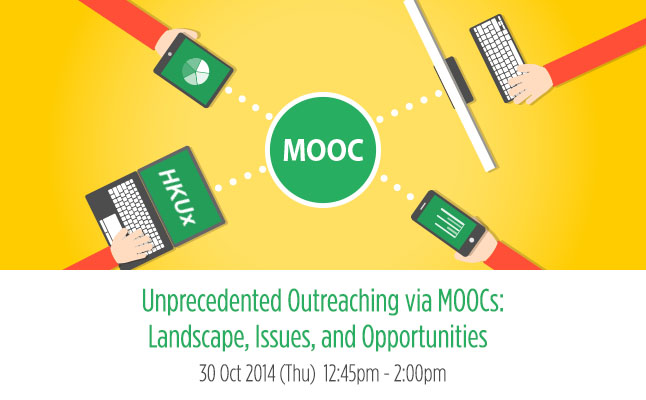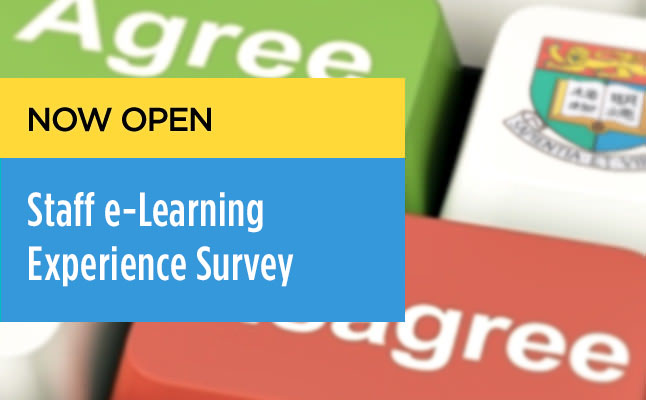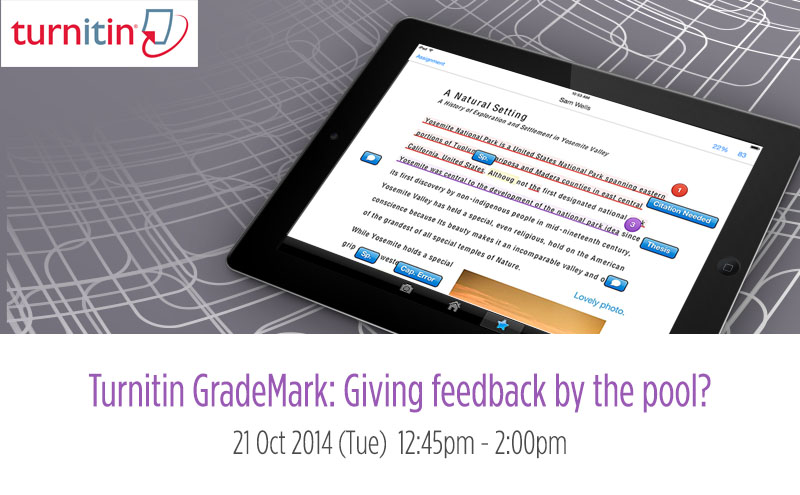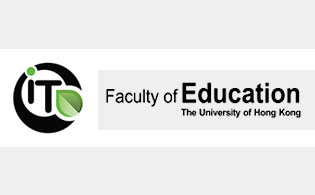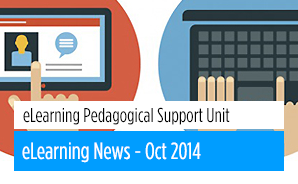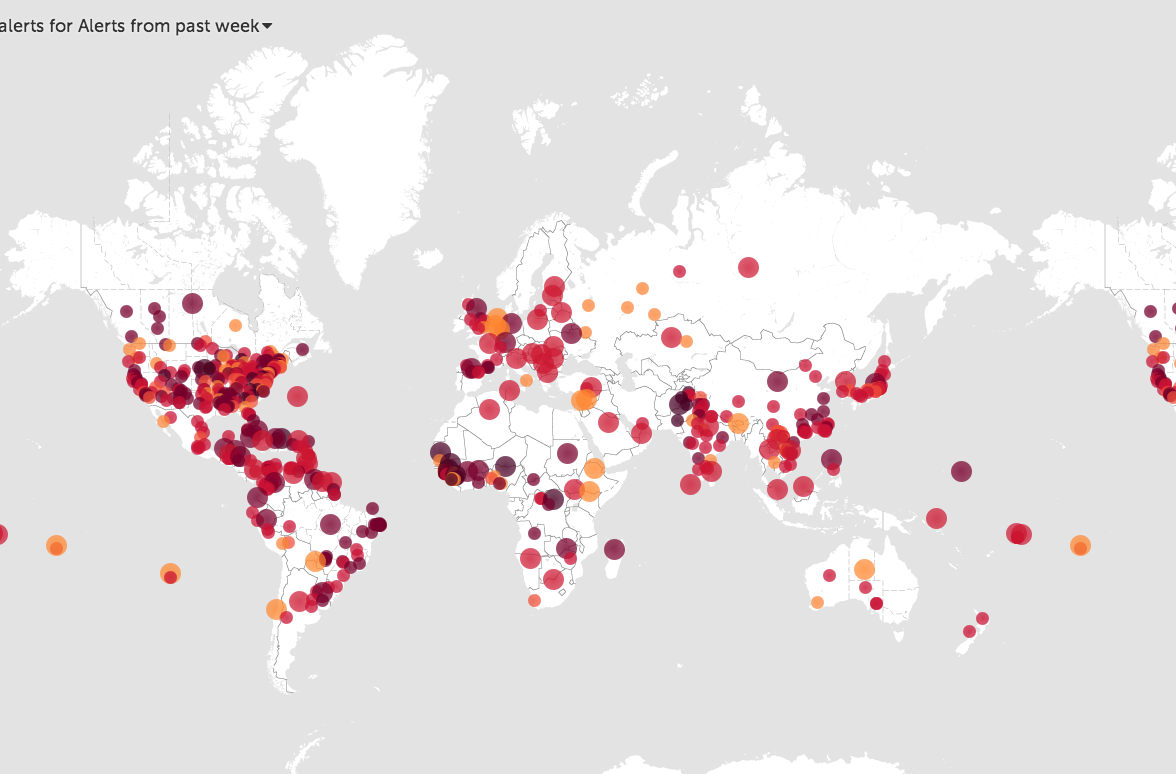Message from Information Technology Services
Dear Teachers,
We are pleased to organize Learning Management System (LMS) – Moodle and Lecture Capture Services (LCS) – Panopto training courses for you to familiar with our e-learning services available at HKU.
The following upcoming hands-on training courses in September are now open for your registration. The course details can be found at http://moodle-support.hku.hk/training/ITS-all
Please register by clicking the “Register” hyperlinks below. The number of seats is limited. After successful registration, if you cannot attend, please cancel the registration to release the reserved seat for other colleague.
Moodle Workshops
| Course Code | Moodle Course Title | Date | Time | Venue | Registration |
|---|---|---|---|---|---|
| MOD-002 | Moodle Hands-on Workshop on Assignments, Choices and Quizzes | 7 Nov, 2014 (Fri) | 10:00am – 11:00am | KB110 | Register |
| MOD-005 | Moodle Hands-on Workshop on Turnitin and GradeMark | 7 Nov, 2014 (Fri) | 11:30am – 12:30pm | KB110 | Register |
| MOD-003 | Moodle Hands-on Workshop on Grades | 17 Nov, 2014 (Mon) | 10:00am – 11:00am | KB110 | Register |
| MOD-005 | Moodle Hands-on Workshop on Turnitin and GradeMark | 17 Nov, 2014 (Mon) | 11:30am – 12:30pm | KB110 | Register |
Panopto Workshops
| Course Code | Panopto Course Title | Date | Time | Venue | Registration |
|---|---|---|---|---|---|
| PAN-001 | Introduction of Panopto Lecture Video Capturing Solution | 12 Nov, 2014 (Wed) | 3:00pm – 4:00pm | CBC | Register |
| PAN-002 | Edit, Share and Output Panopto Video Recording | 12 Nov, 2014 (Wed) | 4:30pm – 5:30pm | CBC | Register |
Note:
(1) KB-110 = Room 110, Knowles Building
CPD-2.77, Central Podium (CPD), Centennial Campus
(2) If you have taken a Moodle hands-on course offered by the ITS, we recommend you follow up with an e-learning Pedagogical Support Unit (EPSU) workshop and/or a Faculty of Education/ Centre for Information Technology in Education (CITE) seminar.
The EPSU of the Centre for the Enhancement of Teaching and Learning (CETL) offers pedagogically focused e-learning workshops, which leverage the central Moodle platform to enable good teaching practices. These workshops focus on teaching approaches and good teaching practices, complement the Moodle courses offered by the ITS and the Moodle seminars offered by the Faculty of Education/CITE, which tend to focus on innovative teaching practice using the new features available in Moodle.
e-learning workshops by EPSU/CETL
http://www.cetl.hku.hk/professional-learning/
e-learning seminars by the Faculty of Education/CITE
http://www.cite.hku.hk/news.php?category=upcoming
For more information and inquiry on Moodle and Panopto training and support, feel free to email: e-learningTeam@hku.hk
Best Regards,
Ada Yau
e-learning Team
Information Technology Services

